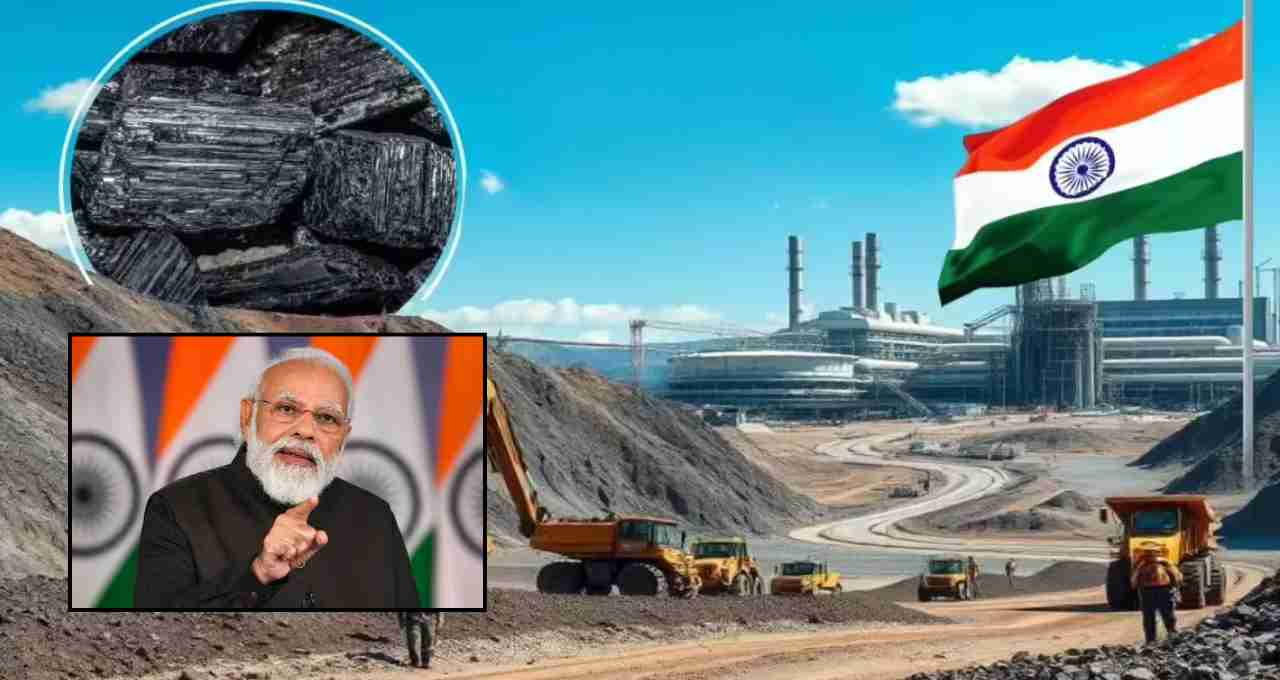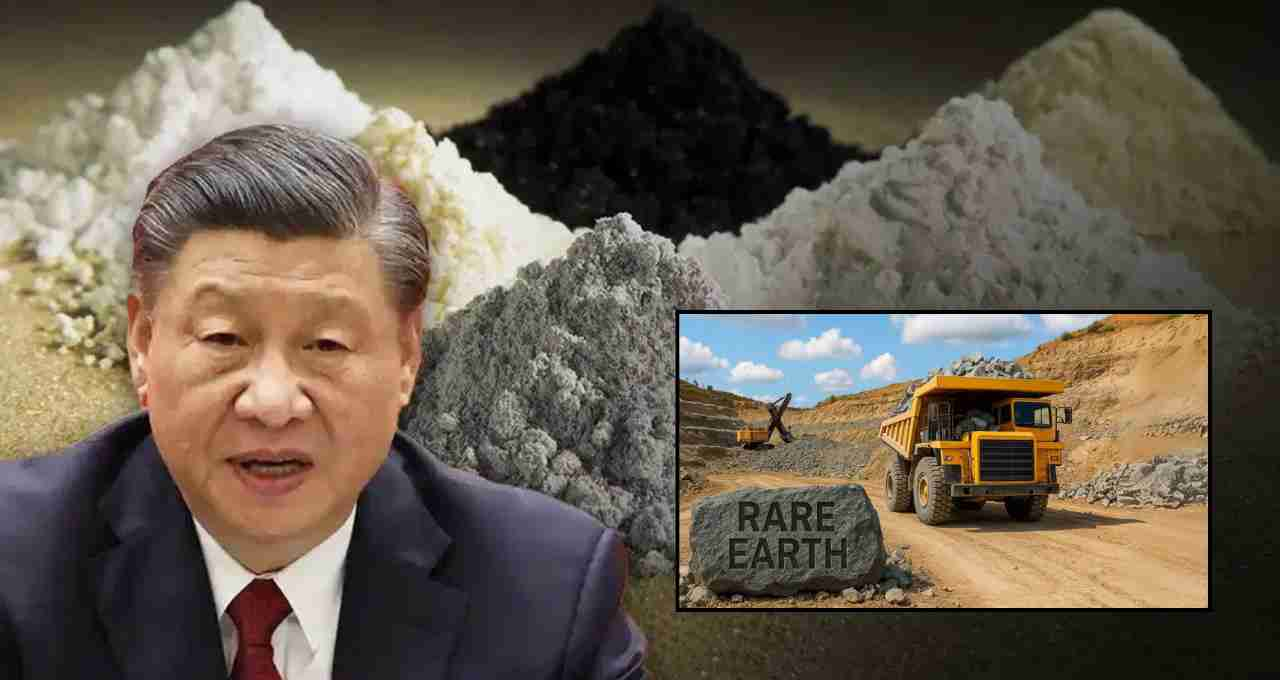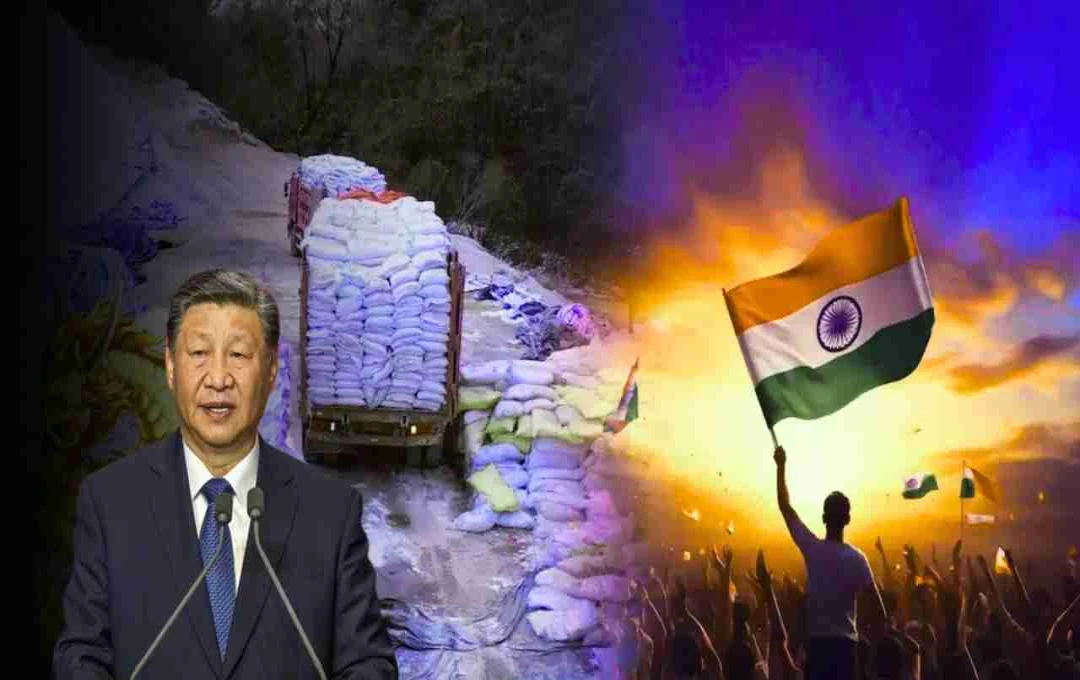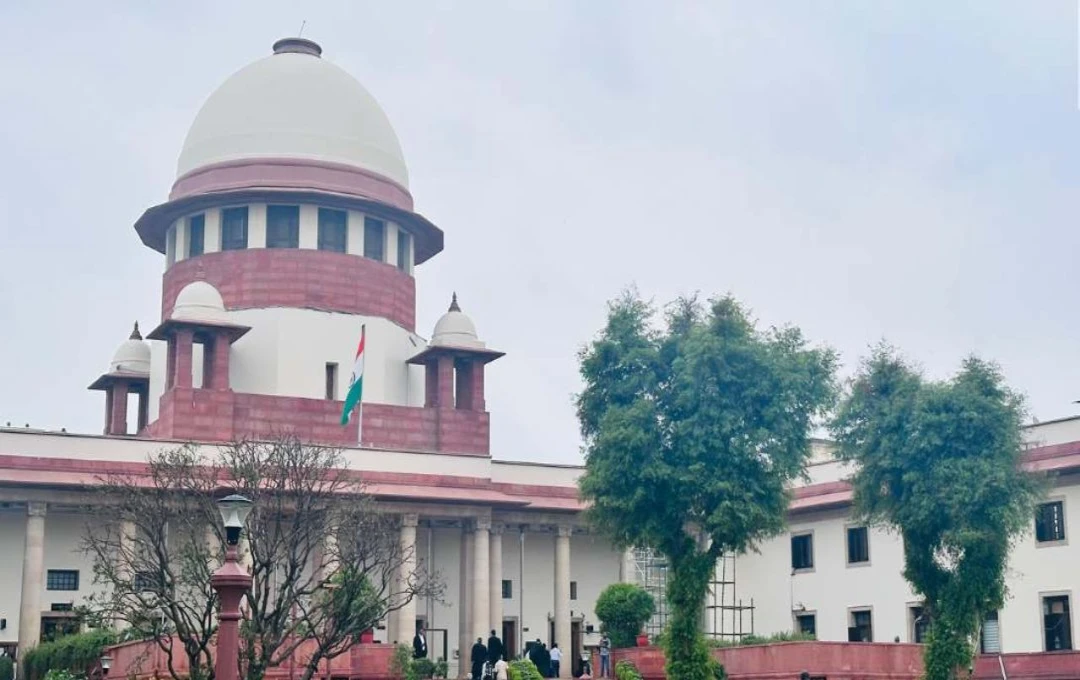India possesses the world's fifth-largest reserves of rare earth minerals, but stringent regulations and technical challenges continue to make their mining and processing a significant hurdle.
China's monopoly over rare earth materials has become a cause for concern for many countries. The demand for these minerals is constantly increasing, from electric vehicles to mobile phones and defense systems. In this context, China's restrictions on the export of rare earth elements are causing significant difficulties for India and other nations. This is a matter that directly impacts the supply chain for auto companies and the tech sector.
India's Fifth Largest Reserves Globally
India holds the fifth-largest reserves of rare earth minerals in the world. However, their exploitation and processing remain a major challenge today. The entire process of mining, purification, and magnet manufacturing is not only technically complex but also requires adherence to strict environmental regulations. Currently, this responsibility in the country rests with Indian Rare Earths Limited (IREL).
A Significant Step by the Government

The central government has now found a response to China's tactics. The Ministry of Heavy Industries is set to introduce a new Production Linked Incentive (PLI) scheme, with a total cost estimated at approximately 1345 crore rupees. Union Minister of Heavy Industries, H.D. Kumaraswamy, has confirmed the plan. He stated that the ministry is working with other ministries to finalize the scheme.
Focus on Magnet Manufacturing
Under this scheme, the manufacturing of rare earth magnets in India will be promoted. Magnets are the components used in electric vehicles, wind turbines, mobile devices, and defense equipment. Ministry Secretary Kamran Rizvi informed that under this scheme, companies will have to handle the entire processing themselves, from raw materials to finished magnets. The company that completes this task will receive incentives.
Opportunities for Both Private and Public Sectors
The PLI scheme will benefit both government and private sector companies. According to reports, two companies have currently shown interest, but more companies may join as the scheme is finalized. The government's intention is that India should no longer be limited to just mining but should also become self-reliant in processing and finishing.
China's Strategy and Global Impact

China is currently the world's largest rare earth processor and supplier, processing approximately 85 percent of the world's rare earths. Whenever a country finds itself in a confrontational situation with China, China tightens its grip on the supply of rare earths. The United States, Japan, and European countries have already suffered the consequences. Now, India has also begun taking steps to overcome this pressure.
Indian Companies Show Interest
Several major auto and component manufacturers in the country, such as Mahindra, Uno Minda, and Sona Comstar, are now exploring the possibilities of manufacturing rare earth magnets in India. These companies believe that if local production becomes possible, dependence on China will decrease, and the stability of the supply chain will also be maintained.
Ministry's Intent, Moving Towards Self-Reliance
The Ministry of Heavy Industries is viewing this entire sector in conjunction with national security and industrial policy. It believes that if the manufacturing of rare earth magnets begins in India, India's self-reliance in the fields of electric vehicles, renewable energy, and defense production will become possible.














